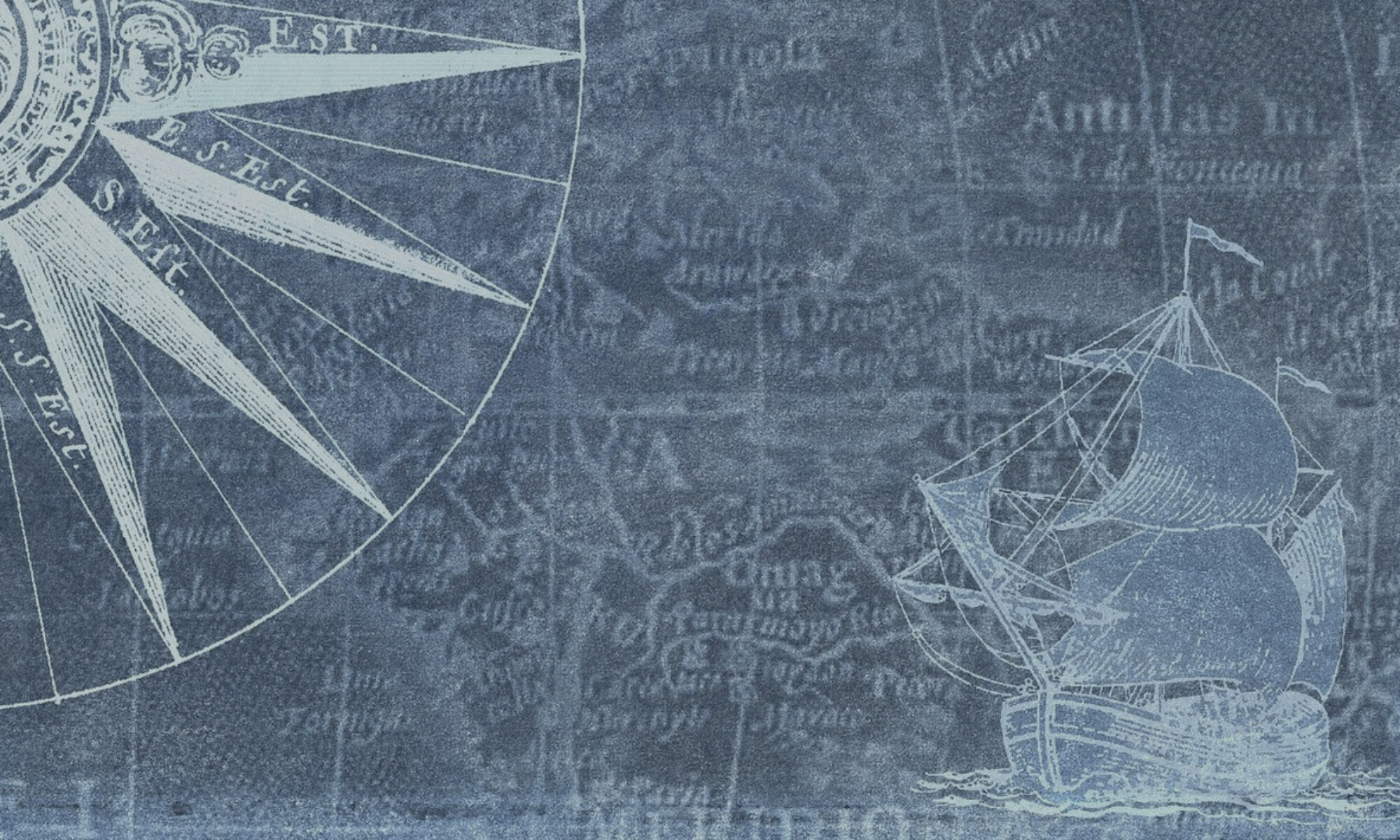LIFE AND NARRATIVE
The Life of Boston King
Born into slavery in South Carolina, King obtained his liberty by running away to British-occupied territories and working for the Loyalist troops during the Revolutionary War. He and his family were then granted free passage to Nova Scotia, where they settled among Black communities for several years.
In 1792, King joined black emigrant groups recruited for a colonization endeavor in Sierra Leone and soon thereafter took the opportunity to relocate to England to receive a formal education. He wrote his autobiography there and published it in 1798.
The Narrative of Boston King
His traditional spiritual autobiography,Memoirs of the Life of Boston King (1798), recounts his struggles in Nova Scotia and affirms his divine calling. King criticizes the physical violence and unfair treatment that he experienced during his enslavement as well as his fear of recapture after running away.
King’s account focuses on the physical hardships of life in poverty in a harsh northern climate in addition to his religious work, as he spread the gospel and formed Methodist congregations among the Black communities of Birchtown and Preston. He records instances of racial discrimination and labor exploitation, and voices compassion for other Black Loyalists whose poverty forced them into indentured servitude, a slavery-like condition.
SOURCES AND FURTHER READING
Primary Sources
-
- King, Boston. Memoirs of the Life of Boston King, a Black Preacher, Written by Himself. 1798. Face Zion Forward: First Writers of the Black Atlantic, 1785-1798. Ed. Joanna Brooks and John Saillant. Boston: Northeastern UP, 2002. 209-32.
Selected Research Literature
-
- Bulthuis, Kyle T. “Oceanic Barriers: The British-American Divide among Revolutionary Black Atlantic Writers.” History 102.352 (October 2017): 576-596.
- Egerton, Douglas R. Death or Liberty: African Americans and Revolutionary America. New York: Oxford University Press, 2009.
- Hanley, Ryan. Beyond Slavery and Abolition: Black British Writing, c.1770–1830. Cambridge University Press, 2018.
- Pybus, Cassandra. “From Epic Journeys of Freedom: Runaway Slaves of the American Revolution and their Global Quest for Liberty.” Callaloo 29.1 (2006): 114-130, 239-240.
- Siemerling, Winfried. The Black Atlantic Reconsidered: Black Canadian Writing, Cultural History, and the Presence of the Past. Montreal: McGill-Queens University Press, 2015.
ONLINE RESOURCES AND LINKS
Biographies
-
- Smith, Adam. “Boston King (c. 1760-1802).” BlackPast.org, 22 September 2010. https://www.blackpast.org/global-african-history/boston-king-c-1760-1802/
- Walker, James W. St G. “King, Boston.” Dictionary of Canadian Biography. Vol. 5. Toronto: University of Toronto / Université Laval, 2003. http://www.biographi.ca/en/bio/king_boston_5E.html
General Interest and Educational Sources
-
- University of Oxford. “Boston King and the Black Loyalists of the American Revolution.” Faculty of History, 2017. https://www.history.ox.ac.uk/files/teaching-resource-boston-king-and-black-loyalists-american-revolution
